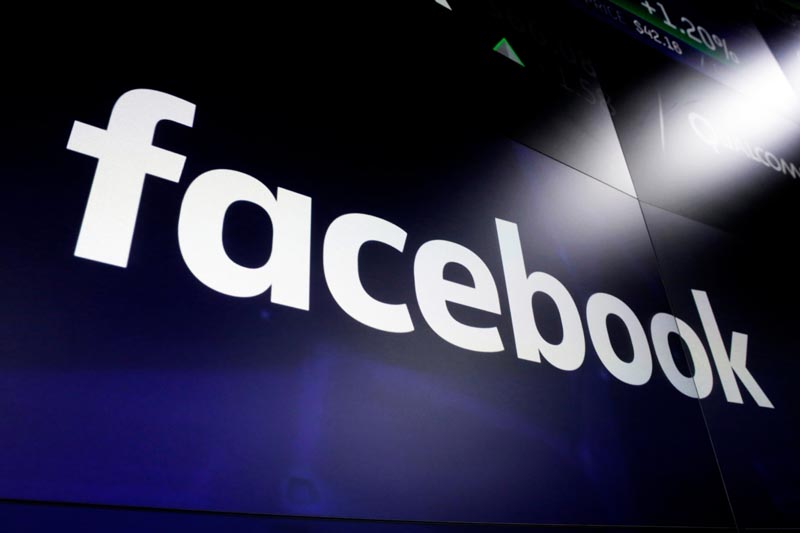US, allies urge Facebook not to encrypt messages as they fight child abuse, terrorism
The United States, the United Kingdom and Australia plan to sign a special data agreement on Thursday that would fast track requests from law enforcement to technology companies for information about the communications of terrorists and child predators, according to documents reviewed by Reuters.
Law enforcement could get information in weeks or even days instead of the current wait of six months to two years, one document said.
The agreement will be announced alongside an open letter to Facebook and its Chief Executive Mark Zuckerberg, calling on the company to suspend plans related to developing end-to-end encryption technology across its messaging services.
The latest tug-of-war between governments and tech companies over user data could also impact Apple Inc, Alphabet Inc’s Google and Microsoft Corp, as well as smaller encrypted chat apps like Signal.
Washington has called for more regulation and launched anti-trust investigations against many tech companies, criticizing them over privacy lapses, election-related activity and dominance in online advertising.
Child predators have increasingly used messaging applications, including Facebook’s Messenger, in the digital age to groom their victims and exchange explicit images and videos. The number of known child sexual abuse images has soared from thousands to tens of millions in just the past few years.
Speaking at an event in Washington on Wednesday, Associate Attorney General Sujit Raman said the National Center for Missing and Exploited Children received more than 18 million tips of online child sex abuse last year, over 90% of them from Facebook.
He estimated that up to 75% of those tips would “go dark” if social media companies like Facebook were to go through with encryption plans.
Facebook said in a statement that it strongly opposes “government efforts to build backdoors,” which it said would undermine privacy and security.
Antigone Davis, Facebook’s global head of safety, told Reuters the company was looking at ways to prevent inappropriate behavior and stop predators from connecting with children.
This approach “offers us an opportunity to prevent harms in a way that simply going after content doesn’t,” she said.
In practice, the bilateral agreement would empower the UK government to directly request data from US tech companies, which remotely store data relevant to their own ongoing criminal investigations, rather than asking for it via US law enforcement officials.
The effort represents a two-pronged approach by the United States and its allies to pressure private technology companies while making information sharing about criminal investigations faster.
A representative for the US Department of Justice declined to comment.
Susan Landau, a professor of cybersecurity and policy at the Fletcher School of Law and Diplomacy at Tufts University, said disputes over encryption have flared on-and-off since the mid-1990s.
She said government officials concerned with fighting child abuse would be better served by making sure investigators had more funding and training.
“They seem to ignore the low-hanging fruit in favor of going after the thing they’ve been going after for the past 25 years,” she said.
The letter addressed to Zuckerberg and Facebook comes from U.S. Attorney General William Barr, UK Secretary of State for the Home Department Priti Patel and Australian Minister of Home Affairs Peter Dutton.
“Our understanding is that much of this activity, which is critical to protecting children and fighting terrorism, will no longer be possible if Facebook implements its proposals as planned,” the letter reads.
“Unfortunately, Facebook has not committed to address our serious concerns about the impact its proposals could have on protecting our most vulnerable citizens.”
WhatsApp's global head Will Cathcart wrote in a public internet forum here on Saturday that the company "will always oppose government attempts to build backdoors because they would weaken the security of everyone who uses WhatsApp including governments themselves."
That app, which is already encrypted, is also owned by Facebook.






